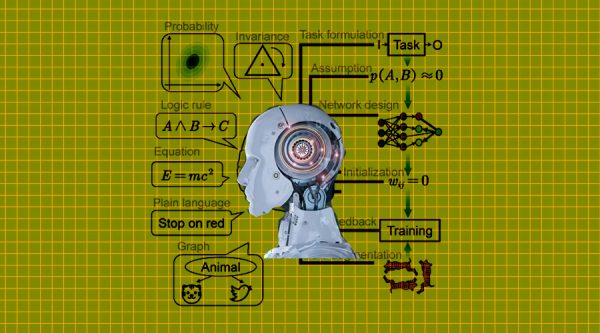Researchers from the University of Minnesota and Penn State College of Medicine looked at whether cough medicines like dextromethorphan, which is used to treat cold and flu symptoms, may also be used to assist people stop smoking. They developed a ground-breaking machine-learning method that employs computer systems to search for patterns and trends in data sets in order to locate the drugs. They stated that several of the medications are currently the subject of clinical trials for evaluation.
Smoking is a risk factor for cardiovascular disease, cancer, and the close to 500,000 deaths that occur each year in the United States as a result of these diseases. While smoking behaviours can be learned and unlearned, a person’s propensity of doing so is also influenced by heredity. In a previous study, the researchers discovered that some genes increase a person’s risk of developing a tobacco addiction.
Dajiang Liu, Ph.D., professor of public health sciences and of biochemistry and molecular biology, and Bibo Jiang, Ph.D., assistant professor of public health sciences, co-led a significant multi-institution study using genetic data from more than 1.3 million individuals. This study used machine learning to analyse the large data sets, which included details about a person’s genetics and their self-reported smoking behaviours.
More than 400 genes associated to smoking behaviours were found by the researchers. They had to figure out why some of the millions of genes a person possesses were linked to smoking habits. Easy-to-understand links existed between genes that carry instructions for the synthesis of nicotine receptors or are involved in signalling for the hormone dopamine, which promotes feelings of well-being and relaxation. The research team had to figure out what function each of the remaining genes plays in biological processes and, using that knowledge, discover what drugs are already approved for altering those existing pathways.
Since people with European ancestry make up the majority of the study’s genetic data, the machine learning model had to be modified to analyse that data as well as a smaller data set of about 150,000 persons with Asian, African, or American ancestry.
More than 70 scientists collaborated with Liu and Jiang on the study. They discovered at least eight drugs that might be used to treat smoking cessation, including dextromethorphan, which is frequently prescribed to treat cold and flu-related coughs, and galantamine, which is used to treat Alzheimer’s disease. Today, January 26, the work was released in Nature Genetics.
According to Liu, a researcher with the Penn State Cancer Institute and Penn State Huck Institutes of the Life Sciences, “Re-purposing drugs using big biomedical data and machine learning methods can save money, time, and resources,” and “Some of the drugs we identified are already being tested in clinical trials for their ability to help smokers quit, but there are still other possible candidates that could be explored in future research.”
Even though the machine learning method could only combine a tiny amount of data from different ancestries, Jiang emphasised that it is still crucial for researchers to compile genetic databases from people of various ancestries.
The precision with which machine learning models can identify people at risk for drug abuse and identify potential biological pathways that might be targeted for beneficial therapies will only increase as a result, according to Liu.









